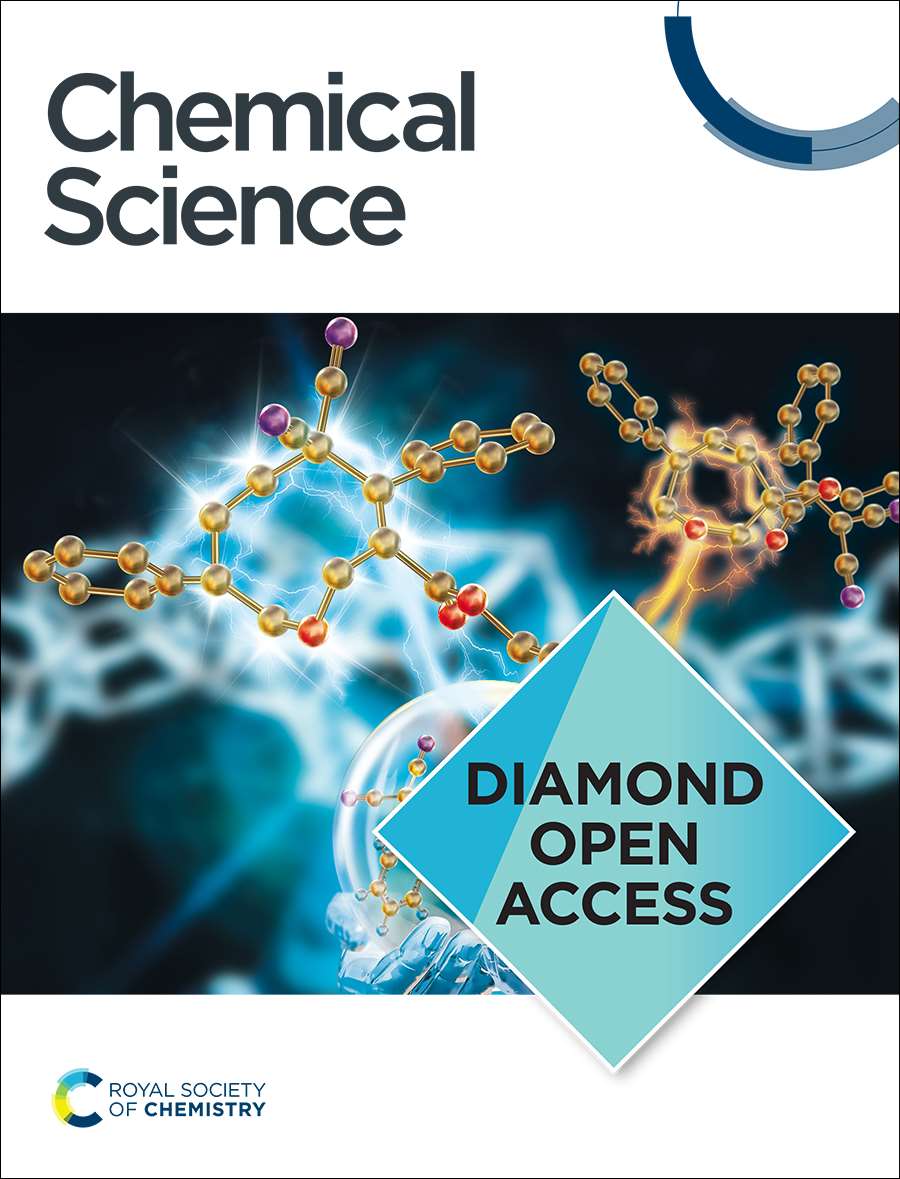Enabling technology for accelerated discovery of supramolecular materials
IF 7.4
1区 化学
Q1 CHEMISTRY, MULTIDISCIPLINARY
引用次数: 0
Abstract
Organic supramolecular materials, defined by their discrete, modular nature, promise to deliver flexible solutions to pressing challenges, including separations, storage, sensing, and catalysis. The absence of strong metallic or covalent bonding within their solid-state structures enables fine-tuning and post-synthetic processing to tailor properties towards specific applications. However, their production suffers from poor reproducibility, scalability, and sustainability; as a result, translation of these materials from the lab to real-world situations is rare. In this perspective, we discuss how the field stands to benefit from the emergence of ‘enabling technologies’, such as high-throughput screening (HTS), robotics, and flow chemistry. We summarise recent advances and consider the opportunities these technologies present for the accelerated discovery, optimisation, and translation of molecular materials.加速发现超分子材料的技术
有机超分子材料以其离散、模块化的特性为定义,有望为分离、存储、传感和催化等紧迫挑战提供灵活的解决方案。在其固态结构中缺乏强金属或共价键,因此可以对其进行微调和合成后处理,以适应特定的应用。然而,它们的生产具有较差的可重复性、可扩展性和可持续性;因此,将这些材料从实验室翻译到现实世界的情况很少。从这个角度来看,我们讨论了该领域如何从高通量筛选(HTS)、机器人技术和流动化学等“使能技术”的出现中受益。我们总结了最近的进展,并考虑了这些技术为加速分子材料的发现、优化和转化提供的机会。
本文章由计算机程序翻译,如有差异,请以英文原文为准。
求助全文
约1分钟内获得全文
求助全文
来源期刊

Chemical Science
CHEMISTRY, MULTIDISCIPLINARY-
CiteScore
14.40
自引率
4.80%
发文量
1352
审稿时长
2.1 months
期刊介绍:
Chemical Science is a journal that encompasses various disciplines within the chemical sciences. Its scope includes publishing ground-breaking research with significant implications for its respective field, as well as appealing to a wider audience in related areas. To be considered for publication, articles must showcase innovative and original advances in their field of study and be presented in a manner that is understandable to scientists from diverse backgrounds. However, the journal generally does not publish highly specialized research.
 求助内容:
求助内容: 应助结果提醒方式:
应助结果提醒方式:


